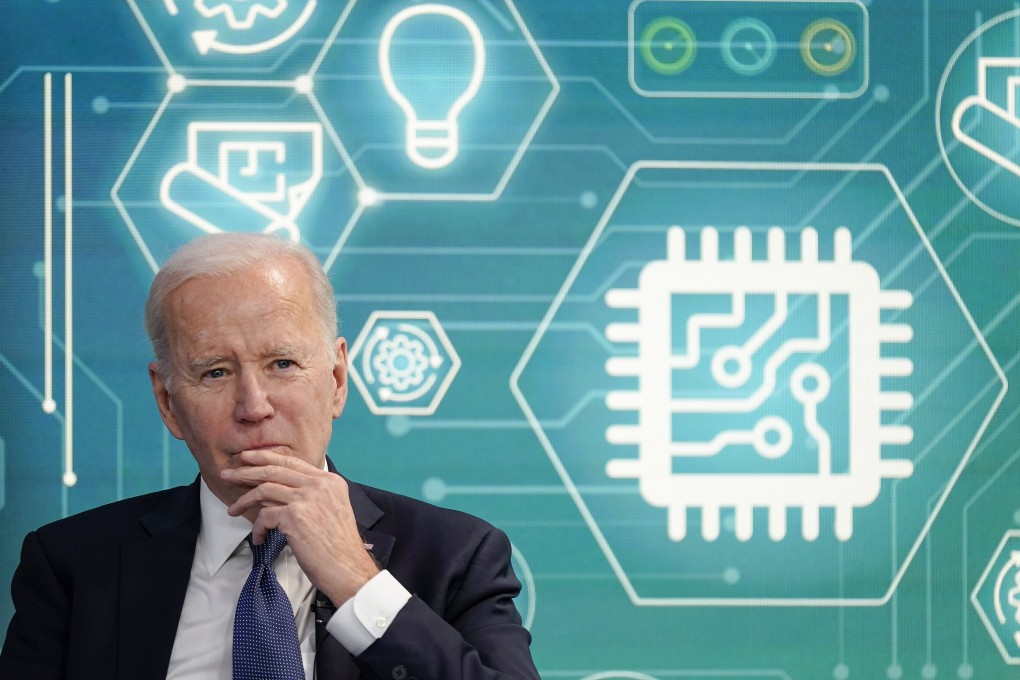Letters | How Hong Kong can respond to the US’ latest move against Chinese tech
- Readers discuss a US executive order aimed at China, Hong Kong weather trends, the potential of the Greater Bay Area, and Taiwan

Although the move by the Biden administration is ostensibly based on national security considerations, it may also be politically motivated.
In addition, Biden’s order only applies to future investment, and does not affect existing investment. Nor does it target industries the Chinese government considers to be key, such as new materials, new energy and high-end medical equipment. Furthermore, several kinds of transactions may be exempt, including public stock trading and transfers within the company from a US parent to a Chinese subsidiary.
The order is expected to be implemented next year, after public comment. Given that the impact of the order on US allies is unclear, and that China may retaliate, the shape of the final ban is far from certain.